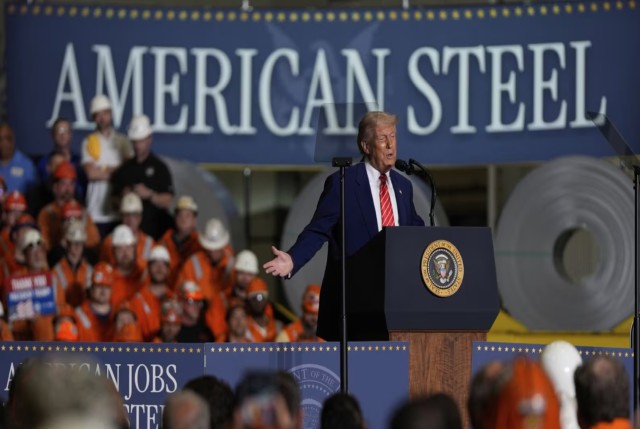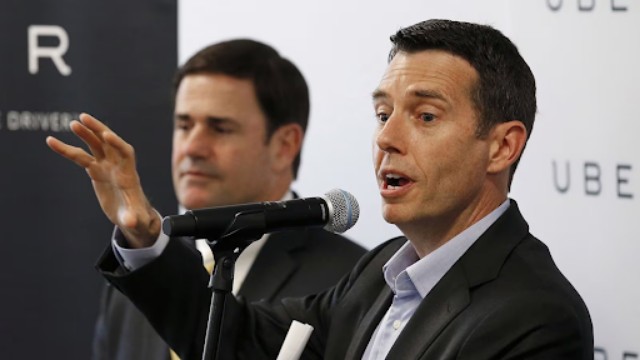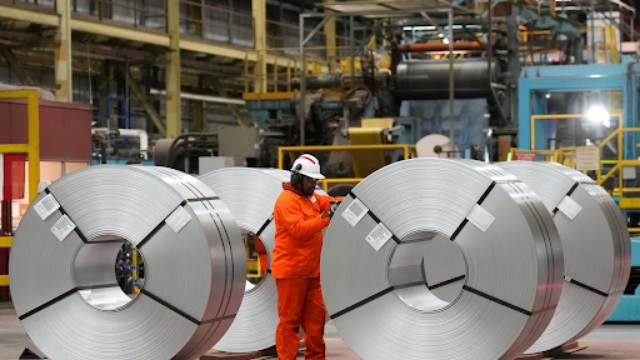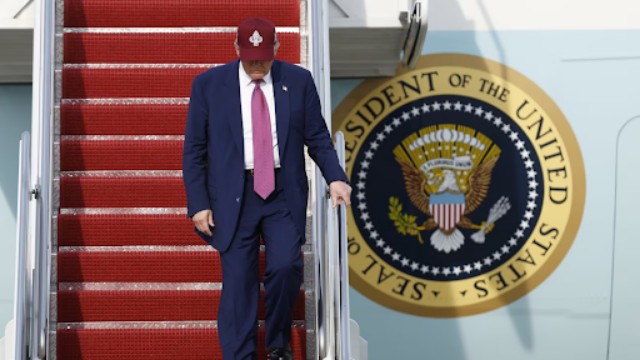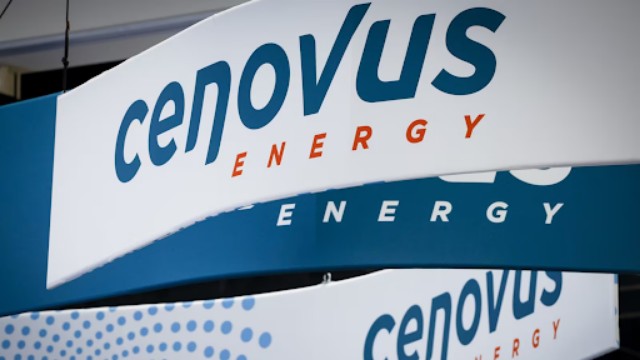
Cenovus Energy logos were seen at the Global Energy Show held in Calgary, Alberta, on Tuesday, June 7, 2022. (Photo: Jeff McIntosh / The Canadian Press)
Despite former U.S. President Donald Trump’s repeated claims that America doesn’t need Canadian oil, the reality on the ground tells a different story. According to Jon McKenzie, the CEO of Cenovus Energy, Canadian oil remains crucial to U.S. energy needs — especially with nearly 4 million barrels flowing into American refineries every day.
Canada ranks among the top global producers of oil and natural gas, and most of its oil exports go straight to the United States. This dependence remains strong, regardless of trade tensions or political remarks. While Trump floated the idea of tariffs on Canadian oil during his time in office, McKenzie made it clear at an energy conference in Calgary that the connection between the two countries is deeply rooted in both economic need and logistical reality.
“Energy systems aren’t political slogans — they’re built on physical infrastructure and years of cooperation,” said McKenzie. He emphasized that Canadian pipelines and U.S. refineries are tightly linked. In fact, many U.S. refineries are specifically designed to handle the kind of heavy crude oil that Canada produces. Without it, those refineries would struggle to function efficiently.
Still, McKenzie acknowledged that recent trade uncertainties have exposed a need for Canada to rethink its export strategy. Relying too heavily on one customer can leave the country vulnerable to political shifts. He urged Canadian leaders to look for new markets and consider export diversification as a long-term solution.
Canada’s new Prime Minister, Mark Carney, who recently came to power riding a wave of anti-Trump sentiment, has already signalled a change in direction. He’s pledged to fast-track major energy projects that can boost the country’s status as both a traditional and clean energy power. But McKenzie warned that cherry-picking certain projects over others could backfire.
The industry, he argued, doesn’t want the government to play favourites. Instead, it’s calling for an overhaul of the current approval system. McKenzie said that the path to long-term growth lies in removing regulatory roadblocks so that all energy ventures — whether oil, gas, or renewables — get a fair shot at development.
He also reminded leaders to approach challenges with calm and reason. “When threatened, we shouldn’t act out of emotion. We need thoughtful, long-term decisions that protect our shared interests,” McKenzie said.
In essence, the Cenovus CEO believes that while diversification is essential, abandoning the U.S.-Canada energy relationship would be a mistake. The two countries are not just trade partners — their energy infrastructures are deeply woven together. And for now, no political comment or tariff threat can unravel that.









